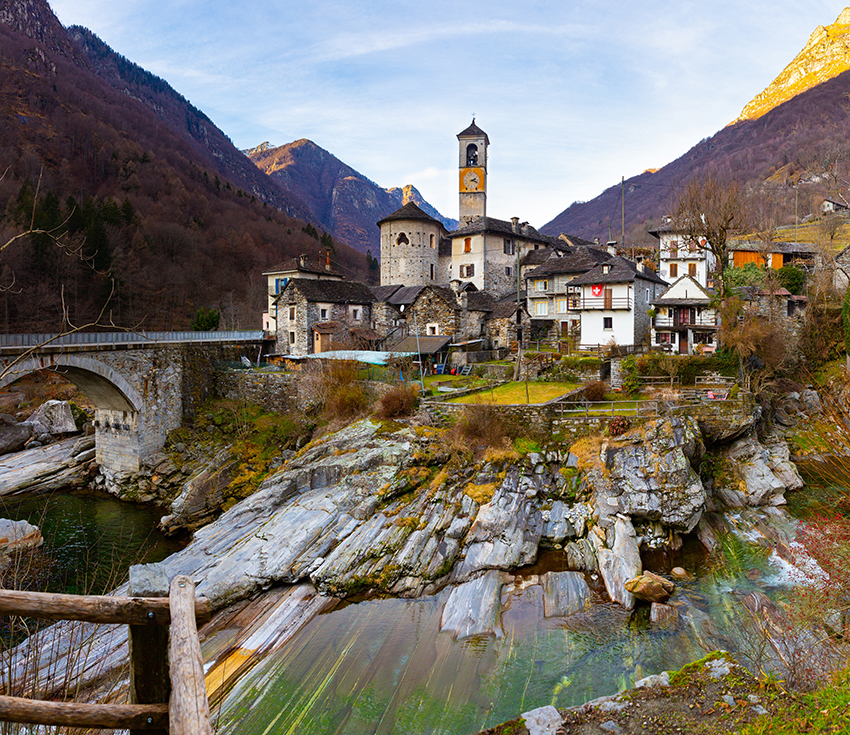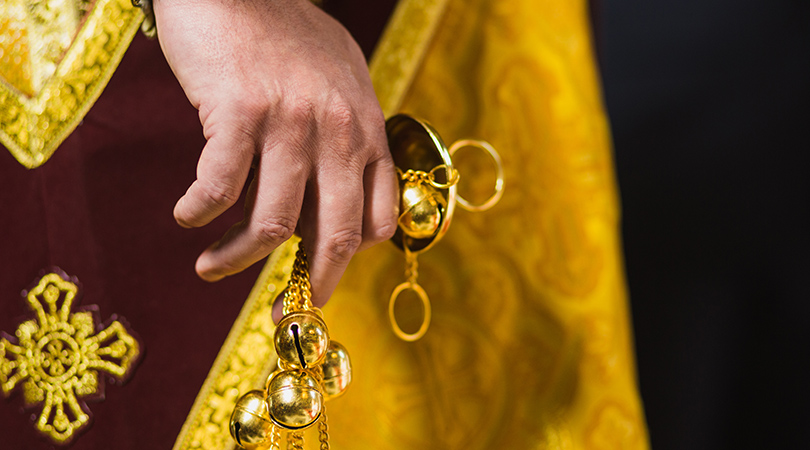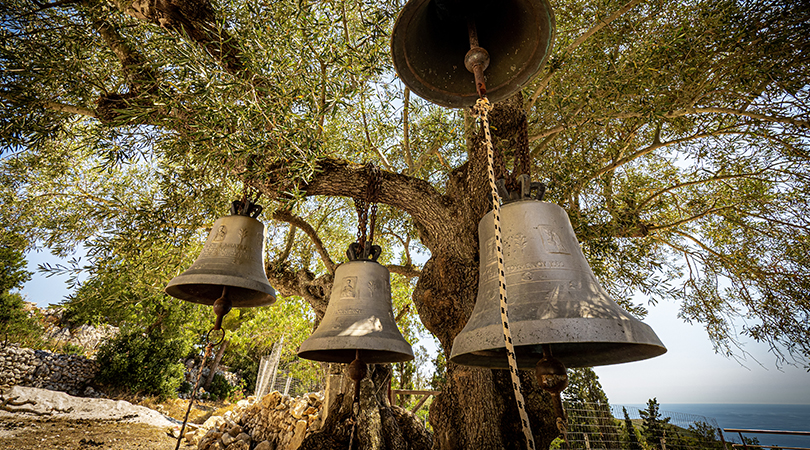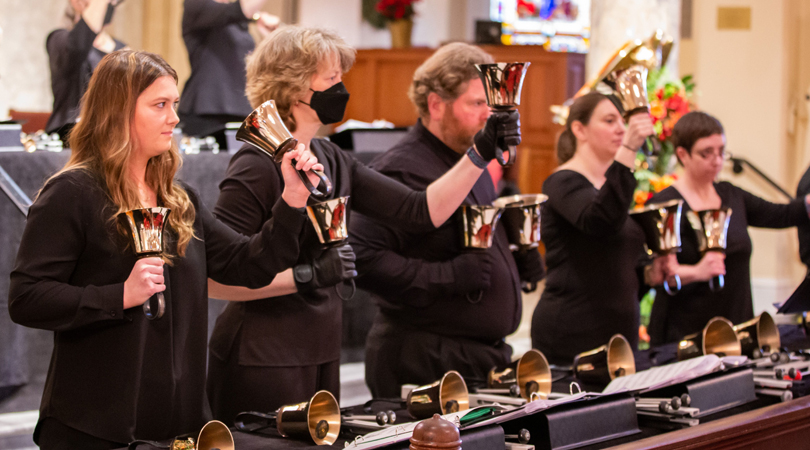Expanding uses for bells
A bell can take many forms and not all of them hang in towers. In fact, the earliest extant bell artifacts antiquity has handed down suggest bells were an essential part of daily life. The ancient Greeks used bells as warning systems between sentries on guard and garrison outposts. The book of Exodus tells us the robe of the high priest was adorned in bells. In Roman lands, bells were hung around the necks of livestock to more easily locate strays. In the ancient East, bells were important aspects of religious and imperial ceremonies.

Image: A young Vedic priest rings a bell as part of the Hindu yagna fire ritual.
As bells were adopted by religions, including Buddhism, Hinduism, Shintoism, and even those of ancient Egypt, they began to be imbued with meaning beyond the practical or musical. Bells became spiritual. In the few hundred years after the fall of the Roman Empire, when Christianity could be openly practiced, bells filtered through Italy and France and into Great Britain, calling the faithful to worship. Our contemporary word for bell comes to us from the Old English belle, a Proto-Germanic cognate.
Bells were hoisted into towers to sound alarms and communicate with communities across great distances. A bell could toll at a moment’s notice, alerting the village to a fire or invasion, a wedding or celebration. Some viewed bells with superstition; it is recorded that when Thomas Becket was murdered in the year 1170 CE at Canterbury Cathedral, the bells tolled themselves in mourning.

Image: The bell tower of the parish church of Santa Maria degli Angeli rises above the Alpine village of Lavertezzo, Switzerland.
Bells were staples of the American farm, mounted on boats and trains, topped schoolhouses and town halls, and called firemen to infernos. Handheld bells, cowbells, sleigh bells, and even door bells are woven into the very fabric of human civilization.
Section image: Four cast bells hang from an olive tree outside the entrance of a Greek Orthodox monastery on the island of Zakynthos, Greece.







